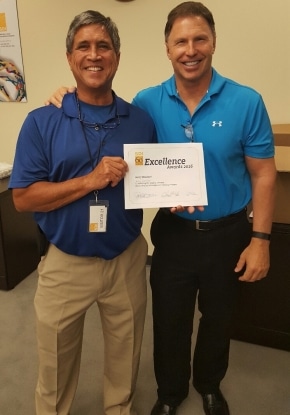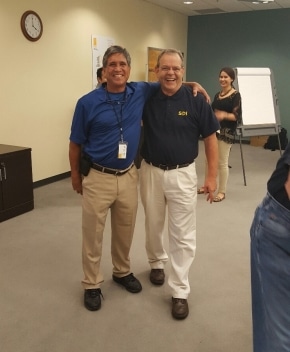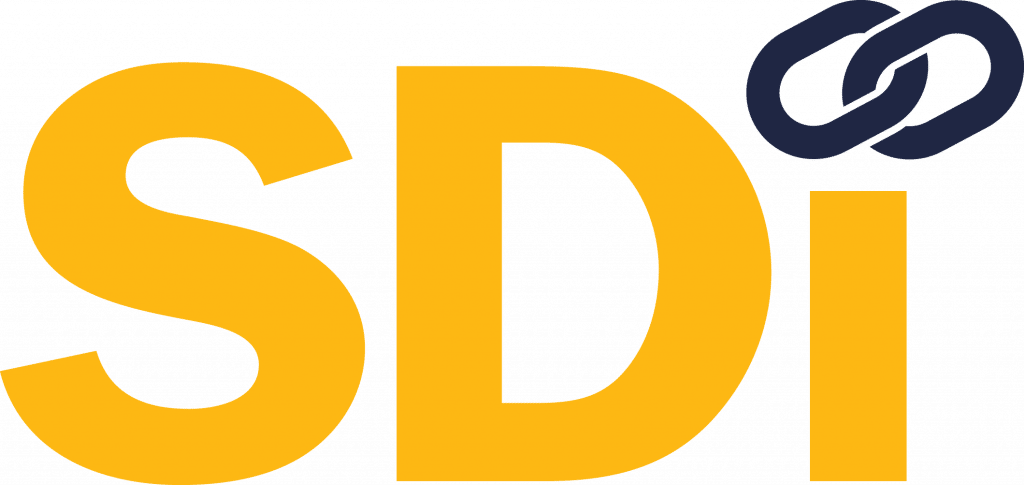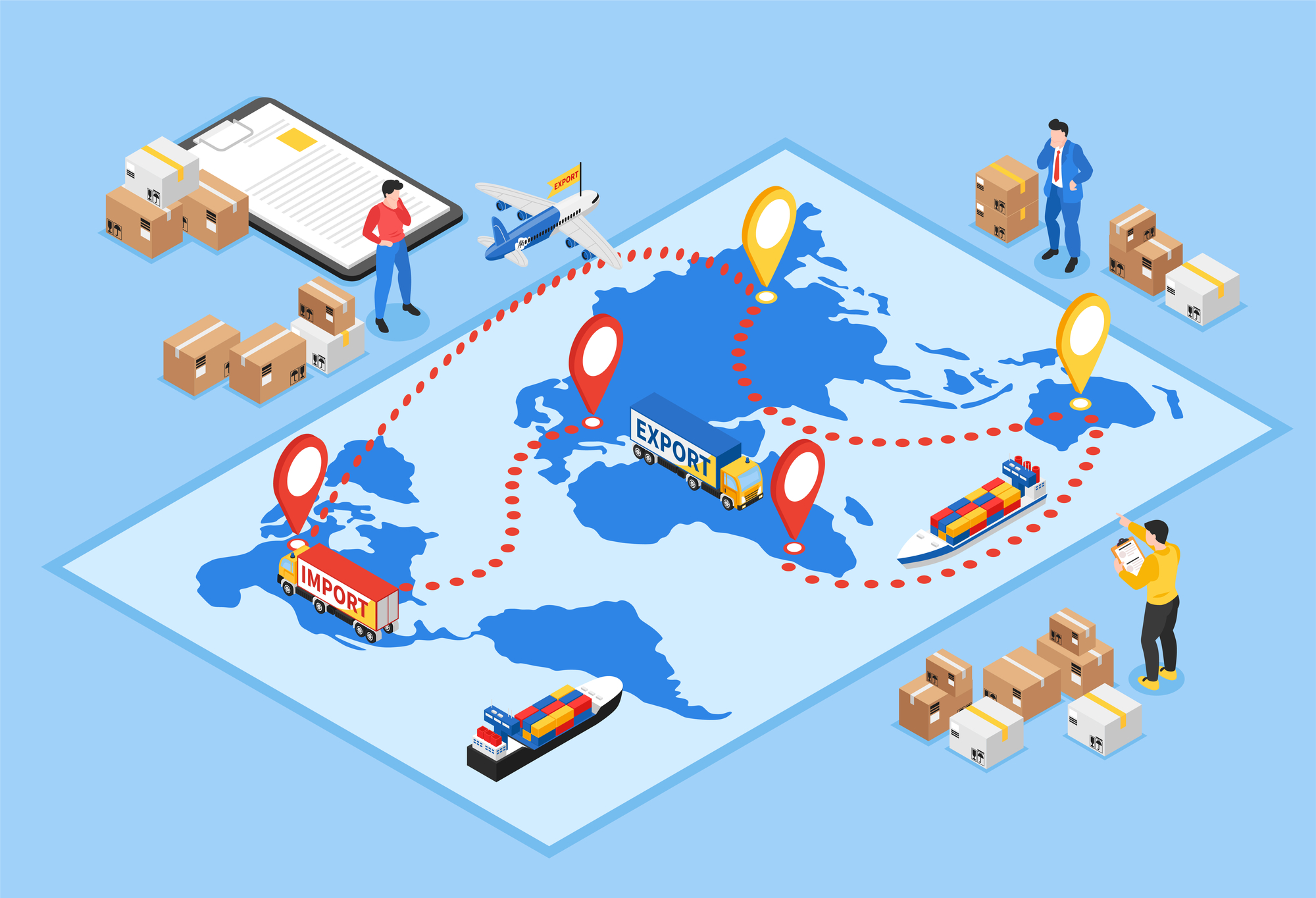A new training initiative recently attended by employees will help SDI provide customers with even greater alignment of its maintenance, repair, and operations processes. The training is developed and presented by Klaus Blache, director of the University of Tennessee’s Center for Reliability and Maintainability (CRM). Increasing reliability and maintainability of critical parts and plant equipment across ordering, receiving, fulfillment, staging, finance, and other plant processes is the objective of this training session. This will benefit SDI’s clients with providing greater MRO reliability, easier machine maintenance, more consistent part availability, increased manufacturing efficiency, and improved worker safety.

The MRO supply chain influences the way virtually every job throughout the entire enterprise gets done. With the knowledge gained in the CRM course and experiences gained over decades of client work, SDI technicians and engineers are equipped with practical best practices to impact those beginning or continuing their journey of reliability. Customers benefit from solution SDI devises based on state-of-the-art methods of estimating maintenance needs, preventing unexpected bottlenecks and machine repairs, and managing equipment in order to maximize lifespan, bolster productivity, and control costs by minimizing risk.
SDI works with the CRM to elevate MRO as a key element in driving reliability across the manufacturing industry and specifically for situations SDI’s customers face. The key is to gain a thorough grasp of how MRO can expand reliability programs company-wide by attacking the problem holistically, rather than at the department level. Major improvements are often seen in the following areas:
- Cost Improvement
- Information Management
- Project Management
- Warranty and Reliability Tracking
- OEM Commercialization
- Product Standardization
“To achieve maximum efficiency, MRO must be viewed as a critical part of a company’s strategy,” explained Chris Moore, SDI’s president and chief executive officer. “The interactive CRM coursework will give our people the tools they need to help clients improve their MRO supply chain’s reliability. They will have perfect techniques to not only reduce the likelihood of process failures, but also correct them more quickly, work around them when they do happen, and analyze data to develop and standardize preventative measures.”
Tennessee’s CRM explores ways technologies, workflow, and management principles can improve equipment reliability and maintainability, adding value for manufacturers and their customers.
The curriculum CRM has devised will allow SDI to help personnel to advise customers on how to consider the lifecycles and total cost of ownership of spare parts and production equipment, rather than viewing each cost center separately. This halts purchasing, engineering, plant management, finance, etc. from working solely to minimize their departmental costs, and instead looks at the big picture – reliability, cost reduction, and profitability.

This approach is especially relevant as markets evolve overnight, profit margins are narrowing, and any hesitation can put a firm at a competitive disadvantage. Integration of departments enables companies to consolidate data. More importantly, companies that partner with SDI for their supply chain integration and management; can apply this rich data to make faster, better decisions, keeping them a step ahead of the competition.
The training highlights SDI’s determination to help our customers move beyond merely reducing MRO costs to identify opportunities to minimize equipment failure, unplanned repairs and facility inefficiencies. This will allow SDI to put our process engineering expertise to work to achieve streamlined inventory, consistent production, and flexible scheduling.
Click here, and let’s get started analyzing your reliability and maintainability needs.





